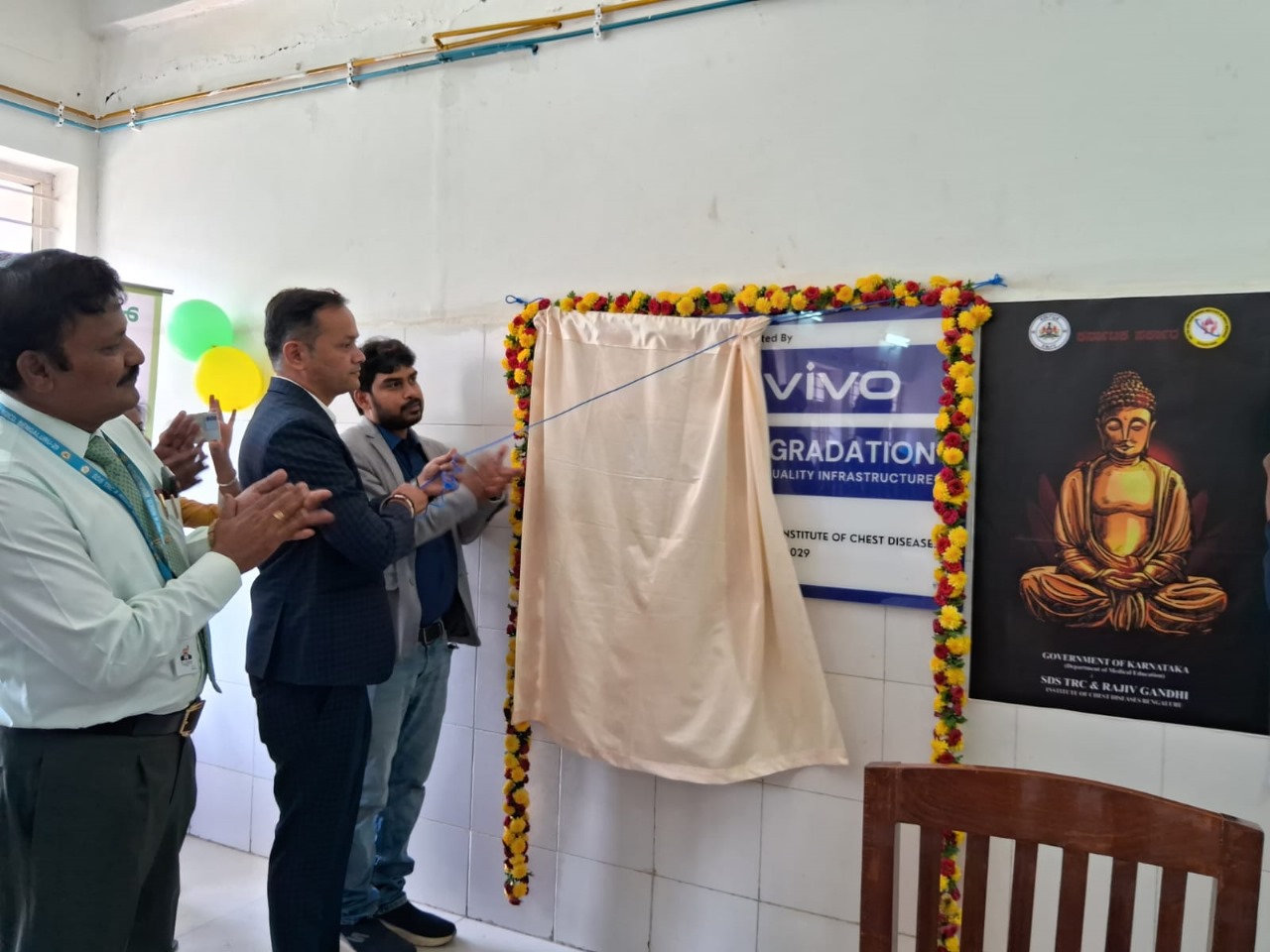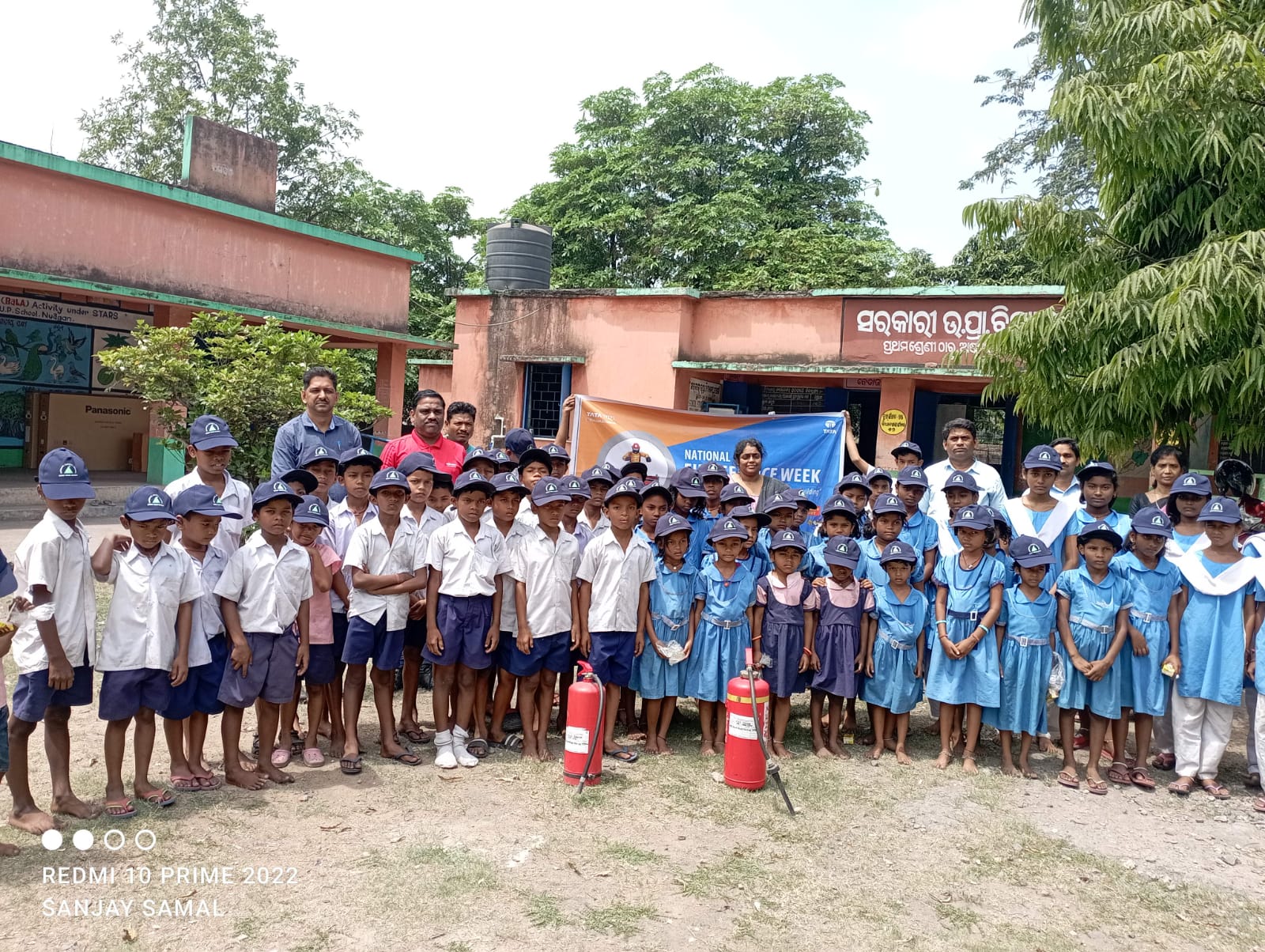Subscribe our Weekly Newsletter
Applications Invited for Kindling Initiative Grants 2024

Organization: Tiny Beam Fund
Apply By: 05 May 2024
Grant Amount: 50000 USD
About the Organization
Tiny Beam Fund focuses on helping people understand things (i.e. letting a shaft of light into a dark space). Tiny Beam Fund also wants this understanding to form the base and basis on which solutions are built (i.e. using the understanding as supporting structure). “Beam” as a verb means “smile radiantly” which gives an image of hope and confidence even though the problem Tiny Beam Fund deals with is a grim one. Tiny Beam Fund is sensitive to the fact that it has only a tiny amount of resources. It is careful not to wear a hat that is too big for its head.
Tiny Beam Fund is incorporated in the state of Massachusetts in 2019.
The founder of Tiny Beam Fund has long been troubled by all the negative impacts associated with rearing animals for human consumption on large, industrial scale that employs a distinctive system of production and value chain, especially when these adverse effects concern low- and middle-income countries. Tiny Beam Fund was formed to support a better understanding of and practical ways to address this multi-faceted problem which inflicts grievous harm on animals, people, and the environment. It aims particularly to highlight the fact that coming up with comprehensive, enduring solutions that work beyond developed economies is immensely challenging, and requires a deep, clear, firm understanding of the problem. Tiny Beam Fund is also inspired and encouraged by how the data, evidence, and insights provided by academic researchers have proven to be remarkably useful in shedding light on highly complex social issues.
About the Grant
Firing up academic researchers and institutions interest in negative impacts of industrial animal agriculture.
Purpose:
Build capacity and networks within academe to sustain a robust interest in the adverse effects of industrial animal agriculture, especially concerning low- and middle-income countries. Disseminate and communicate beyond academe the knowledge and insights that researchers have acquired on this broad subject, with academics serving as respected voices, thought leaders, and trusted sources of information on this subject for key segments of society.
Intended grant recipients:
Kindling Initiative grants are offered to universities, to academic researchers working in universities, and to academics-led organizations. Independent scholars are also eligible if they can use organizations qualified to receive these grants to act as pass-through agencies. Applicants should hold PhD or equivalent degree. They need not be located in the U.S.
Topics and issues:
The work, activities, and purpose supported by these grants must focus on understanding and tackling drivers and adverse effects of large-scale, industrial food animal production, especially concerning low- and middle-income countries. A broad range of topics and issues are covered under this umbrella, from environmental and climate issues, to animal welfare, government policies, and concentration of corporate power.
Kindling Initiative grants are not research grants. They support administration, outreach, organizing, and other expenses associated with two kinds of work (a grant request can focus on one or both kinds):
- Build institutional capacity and networks of academic researchers, and heighten interest in research and teaching.
- Disseminate and communicate research findings; assist and offer guidance to those outside academe; serve as trusted experts to non-academic sectors.
Grant size and duration:
There is no fixed upper or lower limit for each grant. A grant can be one-time (e.g. for a single workshop), or for a period of 6 months, or 12 months, or 18-36 months. Only in exceptional cases will a grant provide over $50,000 in 12 months.
Grants that focus on capacity building and networking:
Objectives:
- Elevate and publicize the reputation of a university or an academics-led professional organization as an academic hub widely known for its interest in the negative impacts of global industrial animal agriculture.
- Make the adverse effects of industrial animal agriculture (particularly concerning LMICs) more visible, relevant, and salient in the teaching and research done in universities.
- Help academics interested in addressing drivers of and problems caused by global industrial animal agriculture to organize networks and rallying points to support each other, reach out to peers less familiar with this subject, and encourage PhD and Master’s students to study it.
- There are few grant opportunities that help academic researchers to strengthen a field or topic they care deeply about and which they want to study for a long time. Universities, research centers, scholarly organizations also find it challenging to secure funding for non-research work and activities. This is the gap Kindling Initiative grants would like to fill.
Examples
- As incentives to students (e.g. prize money in essay competitions; rewards for organizing activities that involve fellow students and/or local communities).
- Hold events to engage with academic researchers from diverse fields and career stages.
- Organize sections / panels at conventional professional conferences.
- Support the administration of scholars exchange programs that focus on researchers in LMICs.
- Plan substantial collaborative projects that include academics from different parts of the world.
Grants that focus on dissemination and communication:
Objectives:
- Make academic research on the negative impacts of industrial food animal production – especially concerning LMICs – readily accessible and digestible to those outside academe.
- Help academics studying the drivers, problems, and possible ways to tackle global industrial animal agriculture to reach out to and share their knowledge with non-academics who can benefit from their expertise (e.g. quasi-governmental bodies, front-line groups). And earn their trust and respect.
- Disseminating information to the wider world is no longer viewed as odd or a luxury for academic centers and individual researchers. Evaluation for promotion in universities now often takes into account an individual’s efforts to engage with society in addition to the three pillars of administration, teaching, and research. Kindling Initiative grants are aimed at funding and defraying expenses associated with these efforts which can take considerable time but are rarely recompensed.
Examples:
- Pen pieces for media outlets (perhaps collaborating with the university’s journalism school).
- Reach out to discerning public audience (e.g. write pieces for influential magazines that have such audience as their core readers; host high-quality, sophisticated podcast series).
- Give expert advice to charities (e.g. help them formulate evidence-backed strategies).
- Acquire the skills to engage and communicate effectively with policy-makers.
- Defray the cost to serve as leaders of important local and international expert panels, task force, working groups.
How to Apply
The first step in the application process is to submit a Concept Note according to instructions here. Inquiries and Concept Notes are accepted year round. Please send them to: min@tinybeamfund.org
For more information please check the Link
Stay in the loop with the newest RFPs and Grants through NGOBOX's WhatsApp Channel. Join now by clicking here!
Latest Online Store
Latest Tenders And EOIs
Latest News
© Renalysis Consultants Pvt Ltd


























